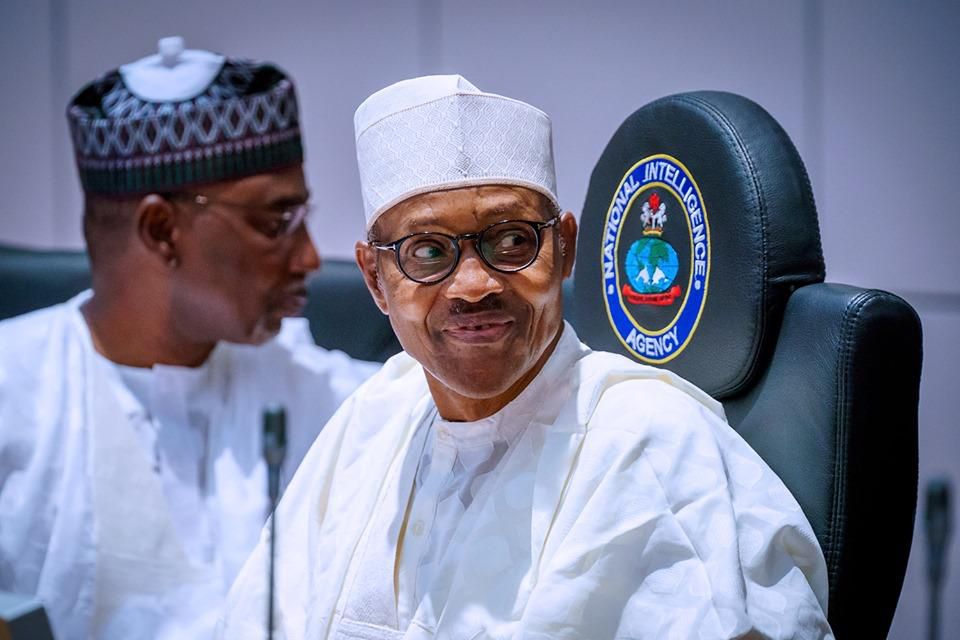FG declares Tuesday, July 15 public holiday to honour Buhari

```html FG Declares Public Holiday to Honour Former President Buhari The Federal Government has declared Tuesday, July 15, 2025, a public holiday to honour the late former President Muhammadu Buhari. The announcement, made by the Minister of Interior, Dr. Olubunmi Tunji-Ojo, follows President Bola Ahmed Tinubu's declaration of a seven-day national mourning period.
Holiday to Reflect on Buhari's Legacy According to the Minister of Interior, the public holiday is a mark of respect for the former president's service, integrity, and dedication to national development. The declaration was made on Monday, July 14, 2025, after receiving presidential approval.
"President Muhammadu Buhari served Nigeria with dedication, integrity, and an unwavering commitment to the unity and progress of our great nation," Dr. Tunji-Ojo stated. "This public holiday provides an opportunity for all Nigerians to reflect on his life, leadership, and the values he upheld."
Dr. Tunji-Ojo further urged citizens to use the day to promote peace, patriotism, and national cohesion, values he attributed to the late president's leadership.
National Mourning and Flag Protocol As previously announced, the national flag will be flown at half-mast throughout the seven-day mourning period, which commenced on Sunday, July 13, 2025.
The Ministry of Interior, through its Permanent Secretary, Dr. Magdalene Ajani, conveyed the Federal Government’s condolences to the Buhari family, the people of Katsina State, and the entire nation. "We pray for the peaceful repose of his soul," the statement concluded.
Buhari's Tenure: A Look Back The late President Buhari served as Nigeria’s Head of State from 1983 to 1985, following a military coup. He later served as a democratically elected president from 2015 to 2023. His tenure was characterized by efforts to combat corruption and Boko Haram insurgency. However, his economic policies and handling of security challenges also drew considerable criticism.
Perspectives on Buhari's Legacy Dr. Amina Salihu, a political analyst at the Centre for Democracy and Development (CDD), notes that Buhari's legacy is complex and multifaceted. "While his administration made significant strides in tackling corruption and reclaiming territories held by Boko Haram, it also faced challenges related to economic diversification and social inclusion," Dr. Salihu stated. "The public holiday provides an opportunity for Nigerians to engage in a critical yet respectful reflection on his contributions and shortcomings."
Historical Context of National Mourning Declaring national mourning periods and public holidays in honor of deceased leaders is a long-standing tradition in Nigeria and many other nations. These periods serve as a symbol of collective grief, respect, and remembrance. They also provide an opportunity for national unity and reflection on the values and contributions of the departed leader. The length and scope of the mourning period often reflect the significance of the individual's role in the nation's history.
Professor Adebayo Williams, a historian at the University of Ibadan, emphasizes the importance of understanding historical context. "Buhari's leadership must be viewed within the context of Nigeria's socio-political landscape," Professor Williams explains. "His policies were shaped by the challenges of his time, and their impact should be assessed through a balanced and informed lens." ```
Originally sourced from: pulse Ng
